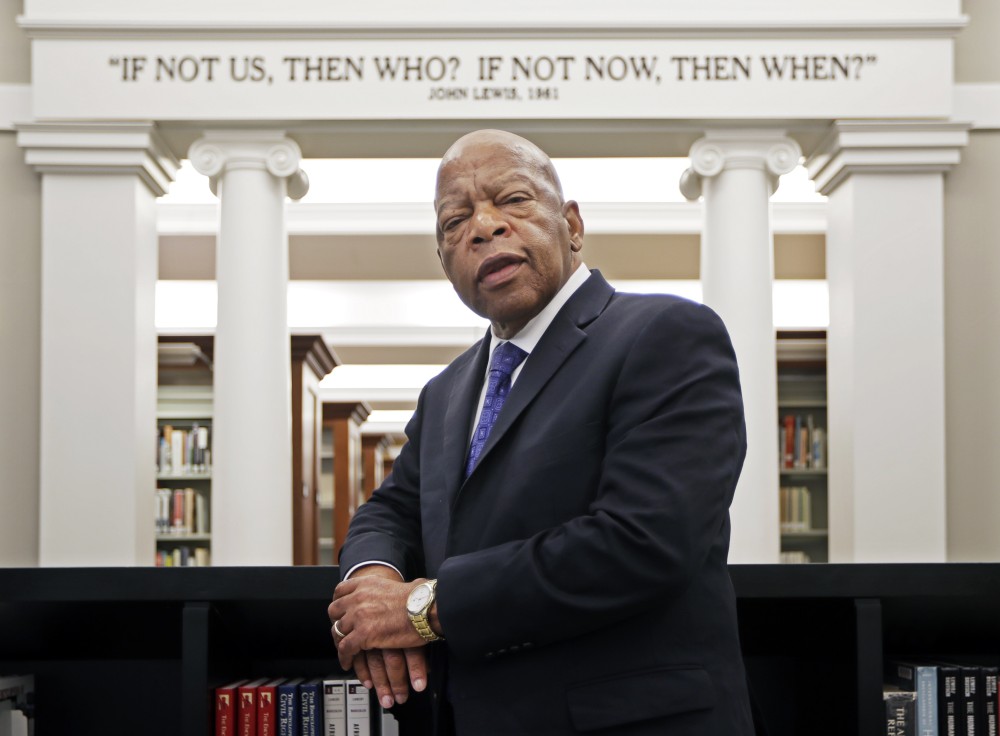Civil rights activist John Lewis dies at 80

John Lewis, the longtime civil rights activist, congressman, and ordained Baptist minister who preached about getting in “good trouble,” died July 17 at the age of 80.
A founding member and former chairman of the Student Nonviolent Coordinating Committee, Lewis was among the demonstrators beaten by police after walking across the Edmund Pettus Bridge in Selma, Alabama, in 1965. At 23 years old, he was the youngest speaker at the 1963 March on Washington for Jobs and Freedom, which he helped to organize, stepping to the microphone shortly before Martin Luther King Jr.’s “I Have a Dream” speech.
Lewis, who represented Georgia’s Fifth District, which comprises most of Atlanta, had announced in December 2019 that he had been diagnosed with pancreatic cancer.




